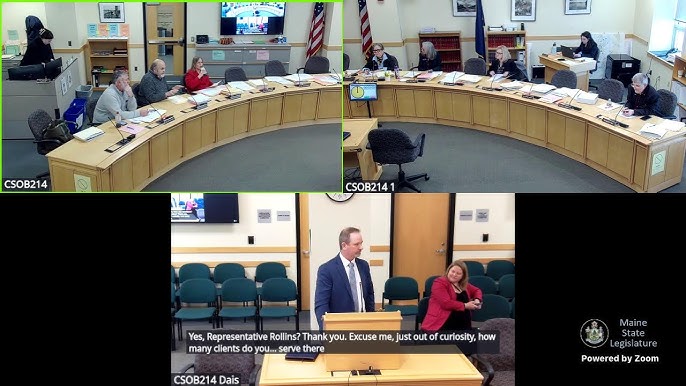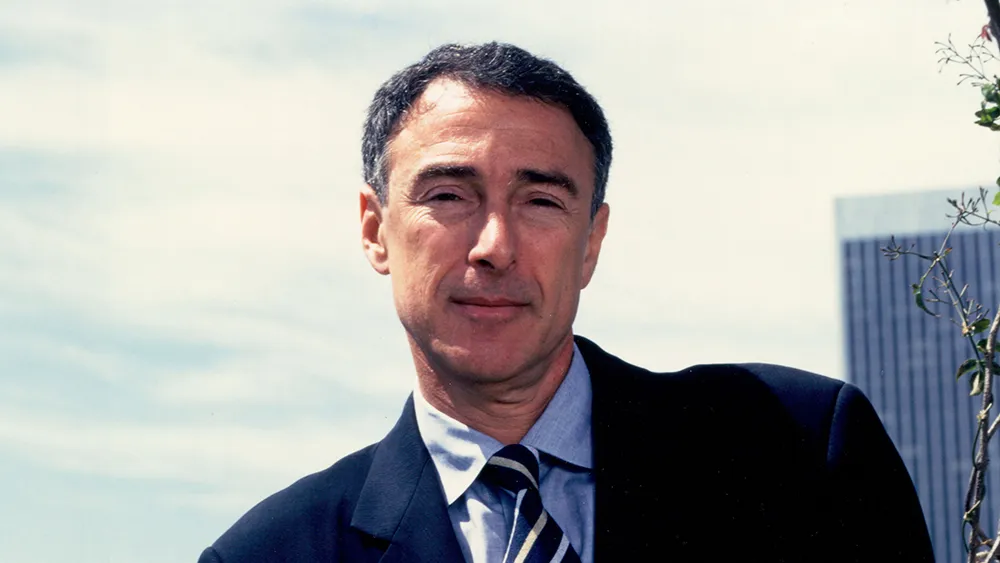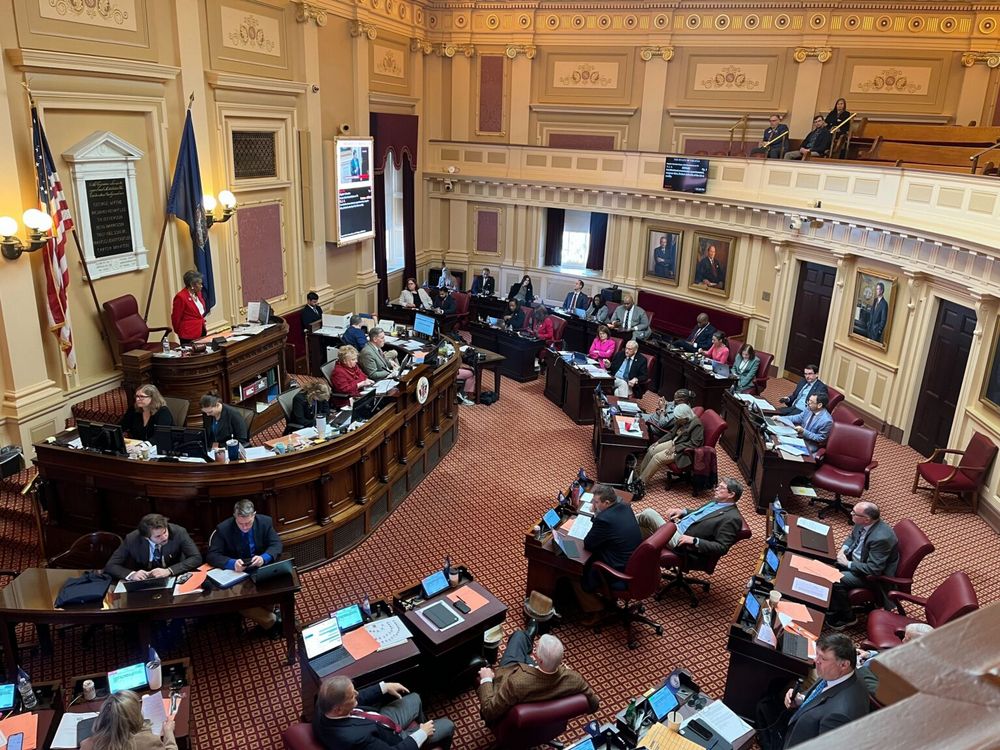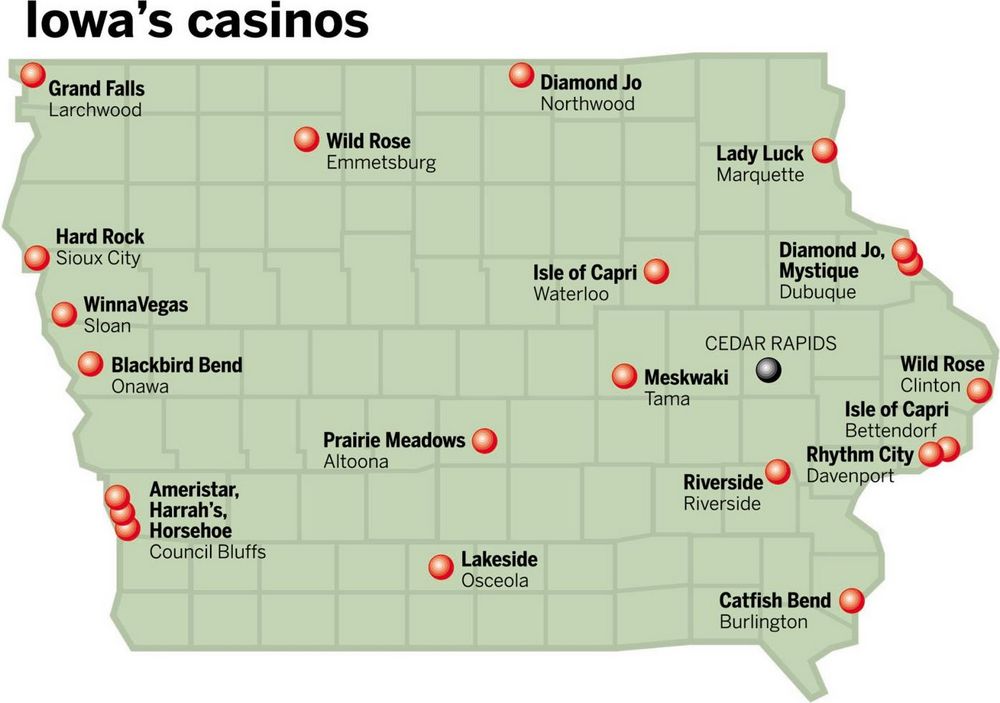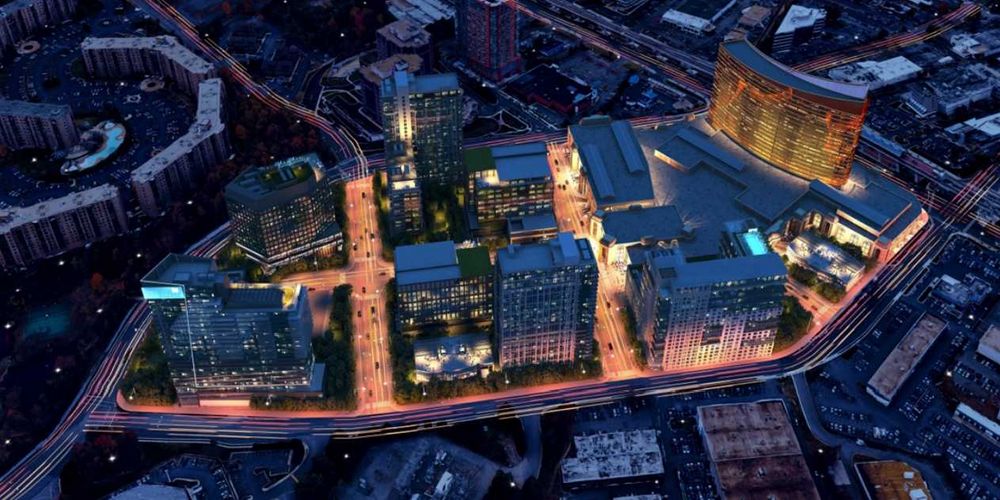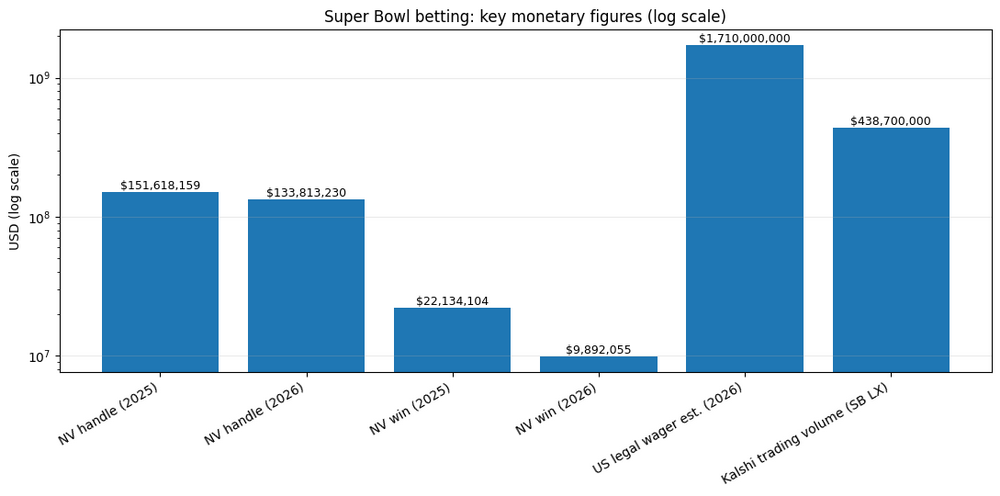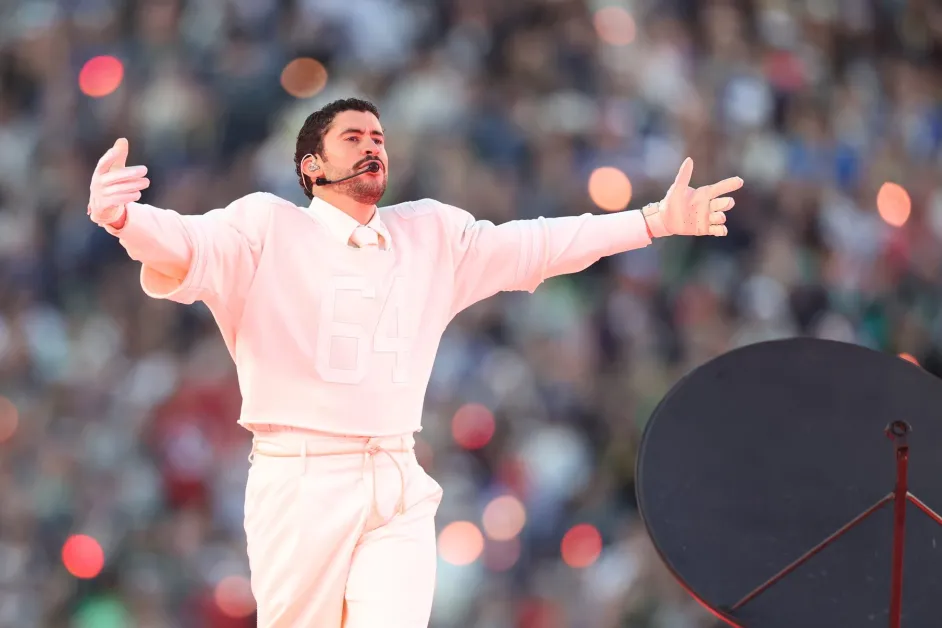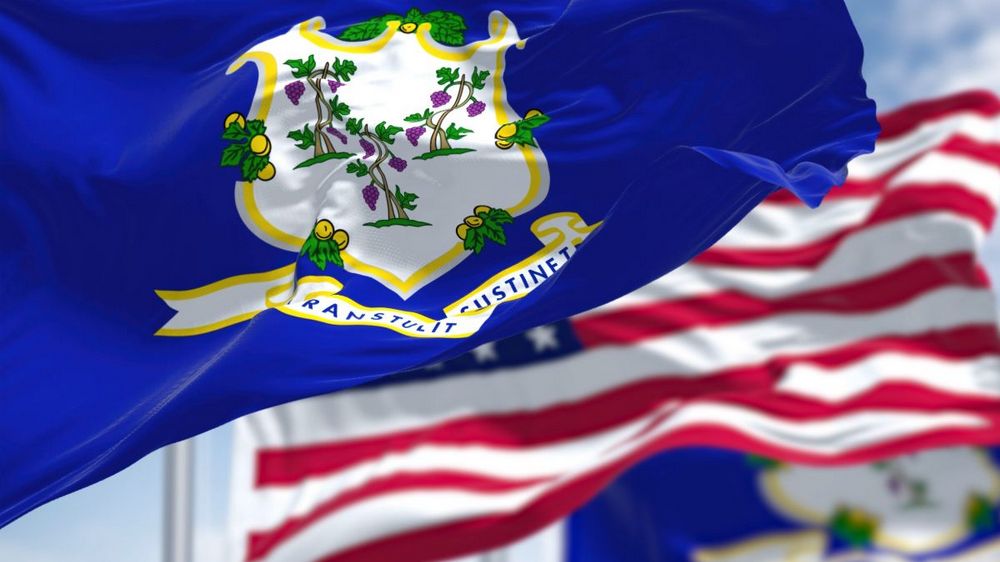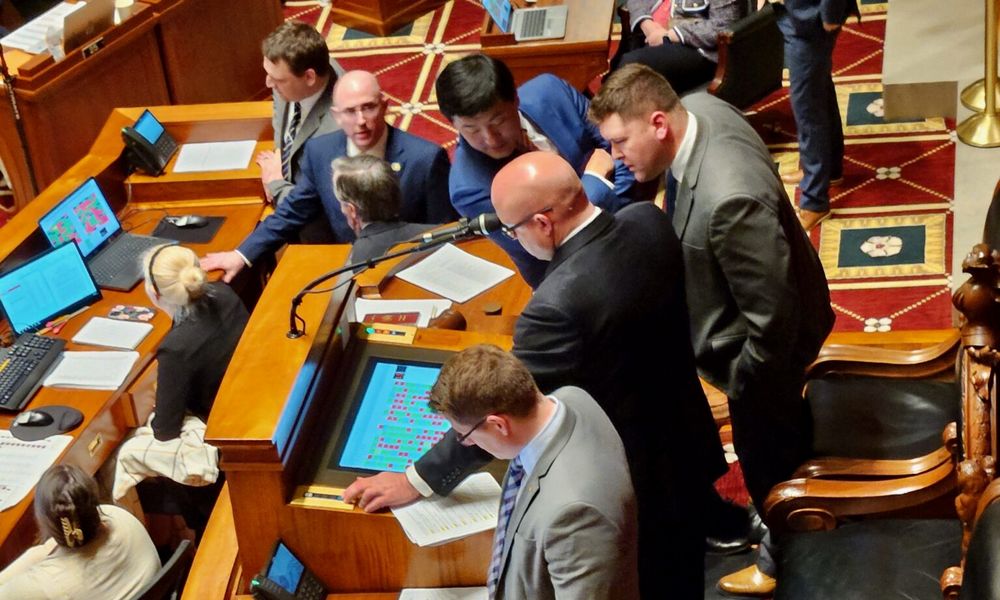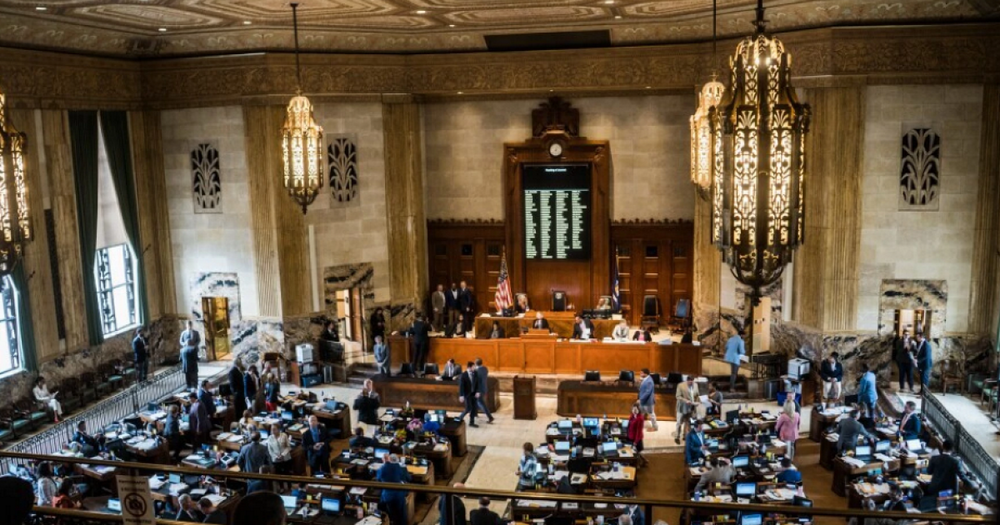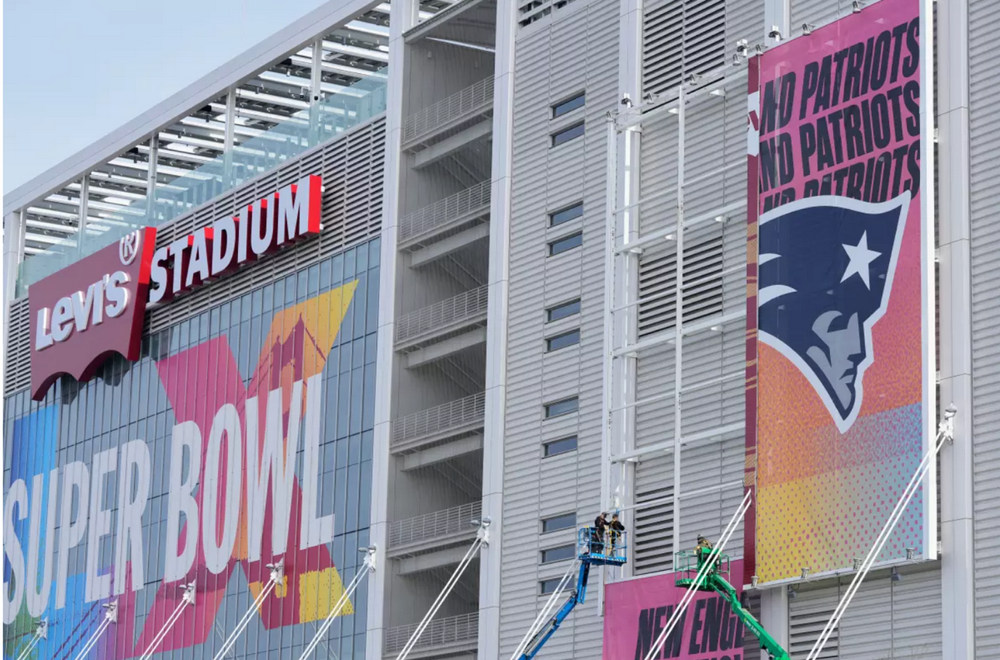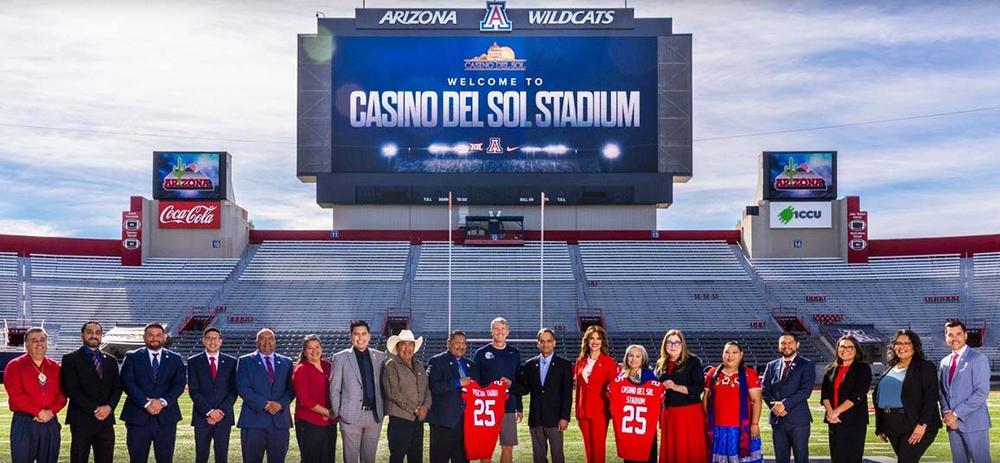Las Vegas heads into this year’s Grand Prix with very different vibes from the inaugural 2023 edition that Max Verstappen once dismissed as “99% show and 1% sporting event.” Two seasons later, that same “show” has become a lifeline for casinos facing a real cooldown in visitor numbers.
Through the first nine months of 2025, Las Vegas welcomed about 28.9 million visitors, a 7.9% drop versus 2024. Tourism analysts note that September alone saw 8.8% fewer visitors year-on-year, with June down more than 11%, marking the first double-digit decline of this cycle. LVCVA data show September visitation at roughly 3.1 million, with hotel occupancy slipping to 78.7% and midweek business particularly weak.

Casinos have responded the old-fashioned way: cutting prices. Strip resorts have rolled out aggressive offers, from cheaper midweek rooms to dining and show bundles, in an effort to keep volumes up. But executives quietly admit that discounts alone won’t replace the big-event energy that has defined the post-pandemic boom.
F1 takes pole position in the betting grid
That’s where the Las Vegas Grand Prix comes back into play. After a $1.5 billion economic splash in its debut year and a still-hefty $934 million impact in 2024—despite revenue “missing expectations” and prompting ticketing changes—the race has matured into a cornerstone of the city’s events calendar.

In 2025, local tourism officials openly frame F1 as a stabilizer rather than just another spectacle. Steve Hill, CEO of the LVCVA, describes the city as going through a broader downturn and calls the Grand Prix “especially vital” this year, pointing to solid demand helped by more accessible ticket pricing and a multiyear extension of the race through 2027.
From lawsuit to partnership: Ellis Island casino joins forces with F1 Las Vegas Grand Prix
For casino operators, the equation is simple. Even if some purists still side with Verstappen’s early criticism of Las Vegas as over-the-top entertainment, high-spending F1 fans arriving in a soft market are exactly what the Strip needs. If the racing remains 1% sport and 99% show, the hope in Las Vegas is that the balance sheet still ends up 100% worth it.












